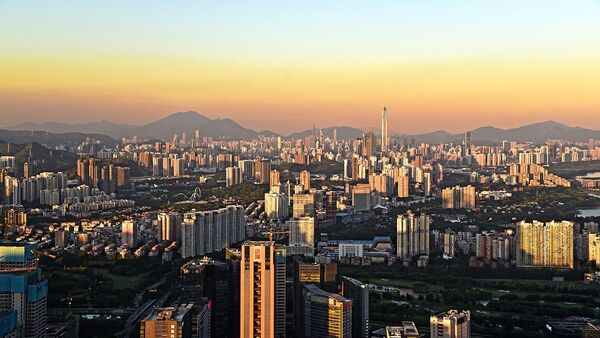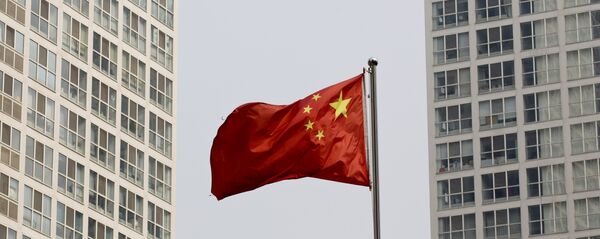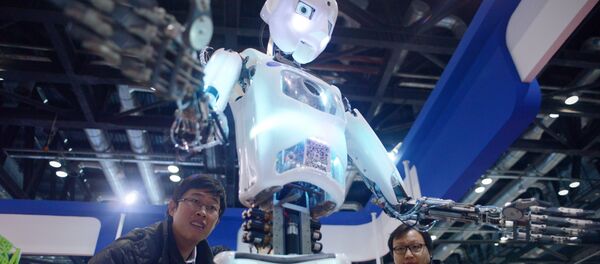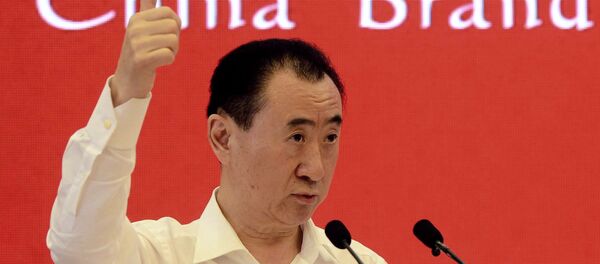Eleven new skyscrapers were constructed in Shenzhen alone, which is more than the number of skyscrapers erected in the US and almost twice as much as was built in any other Chinese city.
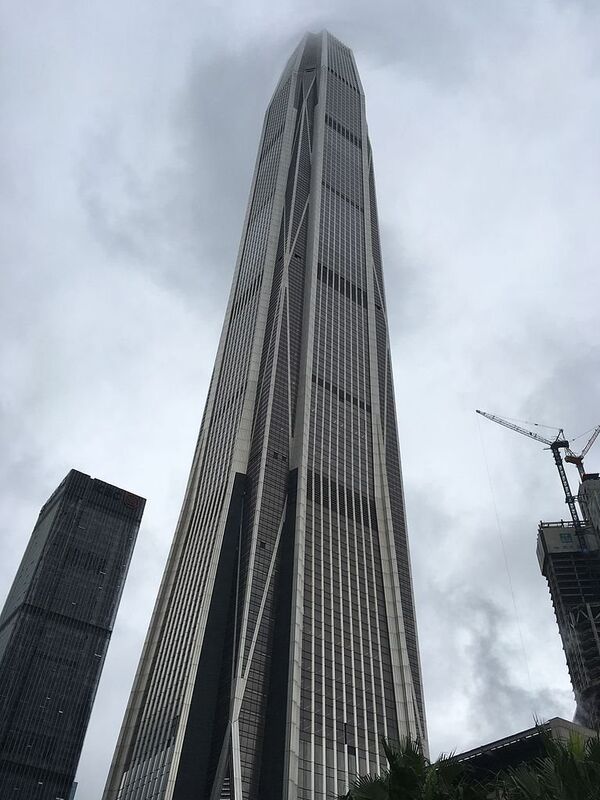
The building boom began in this city in the 1980s, when former Chinese leader and reformer Deng Xiaoping decided to turn a small strip of land on the border with Hong Kong into a special economic zone.
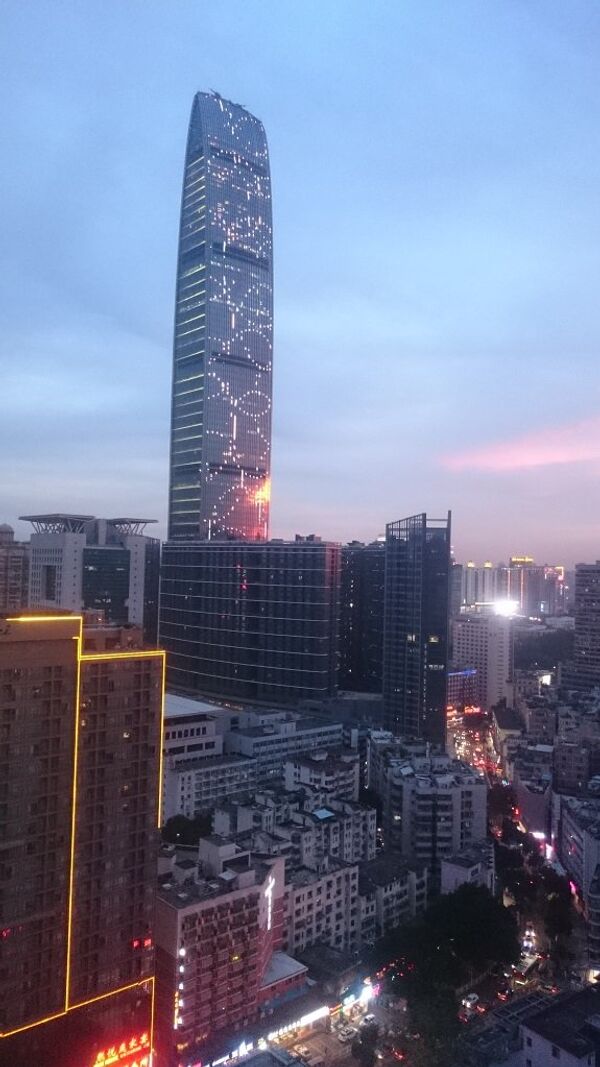
The removal of restrictions on business led to the rapid inflow of investment from Hong Kong and other regions into this zone.
University of Hong Kong architecture professor Juan Du, who wrote a book on "the making of Shenzhen," told CNN that the growing skyline is simply part of the city's DNA.
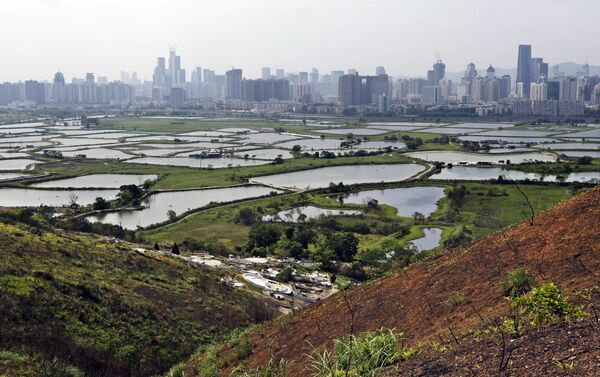
"In Shenzhen, (skyscrapers are) really linked to the image of the city. Between the early 1980s and the early 90s, it had more tall buildings than any Chinese city," she said, adding that the first skyscrapers were erected there so quickly that it led to the appearance of the term "Shenzhen speed" — a symbol of development and progress in China.
Advantageous geographical location, as well as the development of transport infrastructure, made this "strip of land" even more desirable and accelerated its development.
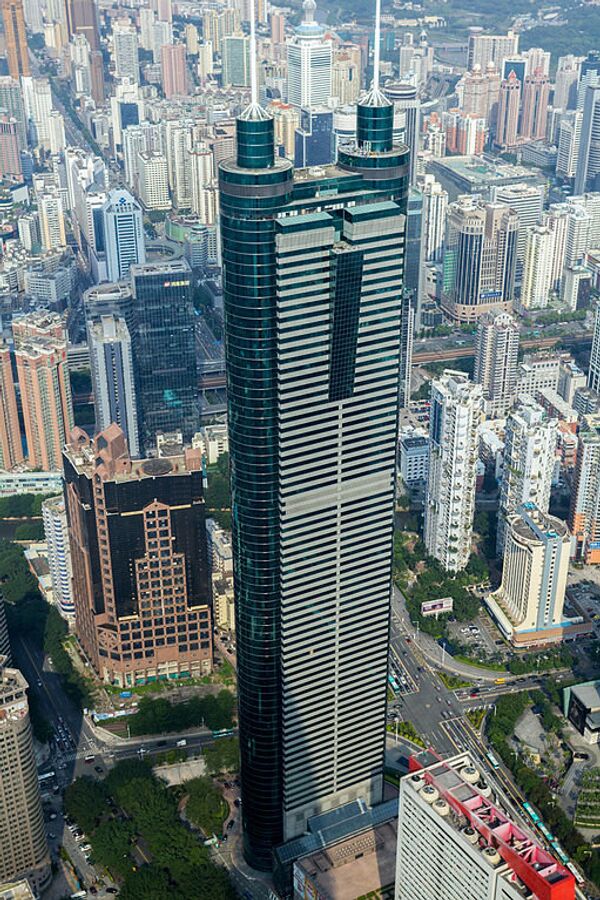
Being the first Chinese 'Special Economic Zone', Shenzhen has extremely fertile ground for startups: there are about a thousand active startup accelerators in the city.
"It's the capital for hardware,'' Duncan Turner, managing director for accelerator Hax, told Bloomberg. "All the suppliers are here, you've got an ecosystem of both manufacturers and also critically, engineering expertise.''

